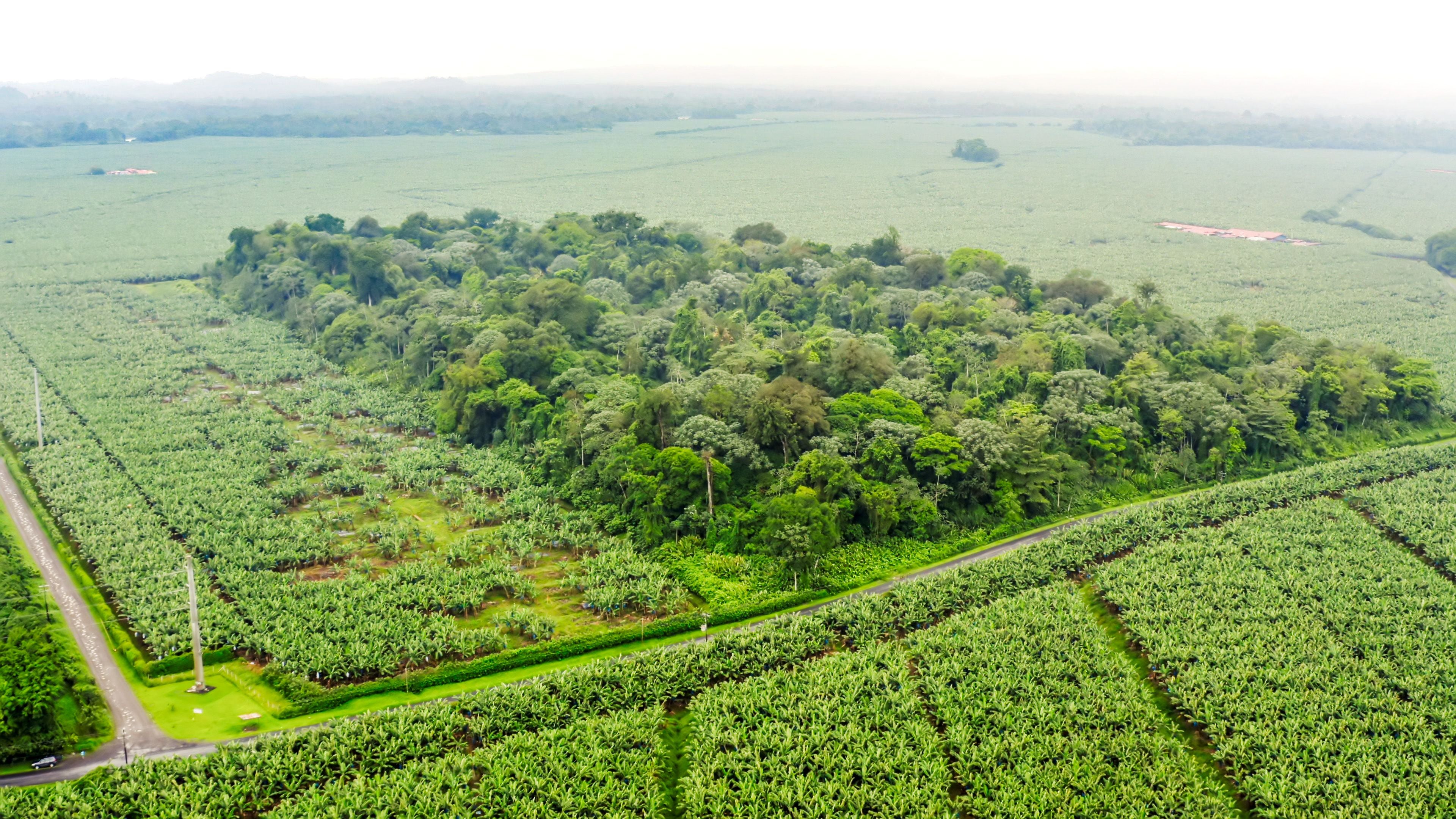The Green Planet: Time is running out for David Attenborough to save the world
Analysis: Landmark documentary brings home the tragedy of the damage our species is doing
Your support helps us to tell the story
From reproductive rights to climate change to Big Tech, The Independent is on the ground when the story is developing. Whether it's investigating the financials of Elon Musk's pro-Trump PAC or producing our latest documentary, 'The A Word', which shines a light on the American women fighting for reproductive rights, we know how important it is to parse out the facts from the messaging.
At such a critical moment in US history, we need reporters on the ground. Your donation allows us to keep sending journalists to speak to both sides of the story.
The Independent is trusted by Americans across the entire political spectrum. And unlike many other quality news outlets, we choose not to lock Americans out of our reporting and analysis with paywalls. We believe quality journalism should be available to everyone, paid for by those who can afford it.
Your support makes all the difference.We are systematically trashing our own planet, polluting it, bulldozing it, poisoning it, mining it, ruining its weather and otherwise abusing it in increasingly inventive evil ways, yet miraculously, some dwindling areas of natural splendour remain.
In the BBC’s new Green Planet series, presented by Sir David Attenborough, we see verdant rainforests shrouded in mist, wild tropical islands lapped by clear waters, hallucinatory timelapse sequences of plants growing, groping for light, breathing…
To watch this exquisite footage is to feel transported to another world – another planet – one filled with flourishing ecosystems teeming with life of every kind.
Almost. Forty five minutes into the first episode, the glowing green vision falters, and Attenborough reveals the twist: These are the last tiny pockets of wilderness which only exist because we haven’t got round to destroying them yet.
Standing between the trunks of mighty rainforest trees, and with birds chattering in the background, Attenborough quotes from Charles Darwin’s diary from almost 200 years ago:
"Among the scenes which are deeply impressed on my mind, none exceed in sublimity the primeval forests undefaced by the hand of man."
With a grim countenance, Attenborough adds: "He would struggle to find such a place today".
In the 21st century, 70 per cent of all rainforest plants grow within a mile of a road or a human-made clearing, Attenborough says as the camera zooms out to reveal that he is in fact standing at a roadside.
We then see the landscape-scale level of destruction we are wreaking on tropical environments: palm plantations stretching off into infinity, bare hillsides where only minute islands of the original forests remain.

The first episode ends with a call to arms, albeit a gentle one, imploring viewers to connect our voracious appetites with the nightmarish destruction of our home planet.
Attenborough appears to be more present in this series than in his other recent BBC programmes – speaking to camera as he rides a chairlift through a jungle canopy, or standing what appears to be just inches from bats feeding from a rare "seven-hour flower", while delivering a virtuoso performance in concentration and timing.
You get a fresh sense of urgency from the 95-year-old naturalist, which in itself is remarkable.
But is it enough to convince people to work harder to protect the natural world? The programme has a shiny, almost consumable beauty – made for HD TVs. The emotionally manipulative music alongside the sumptuous high-tech camera work together take viewers on a journey in which narrative arc and reality become jumbled.
These are minor criticisms. It is majestic viewing, but ultimately and quite rightly leaves a hollow feeling, along with the bigger question of what must happen to save us from ourselves.
The Green Planet is on BBC One.

Join our commenting forum
Join thought-provoking conversations, follow other Independent readers and see their replies
Comments